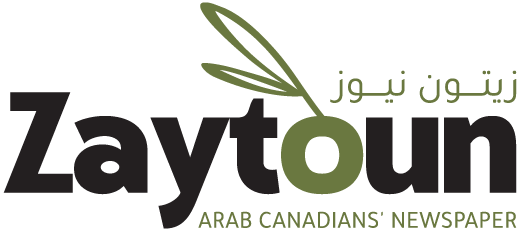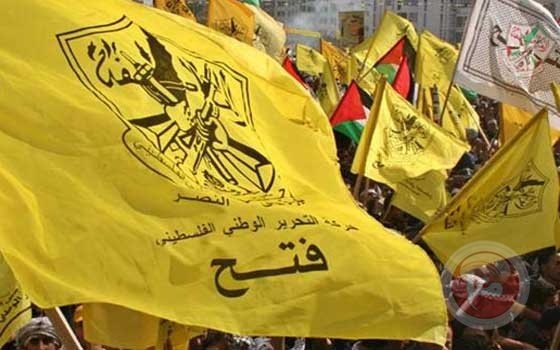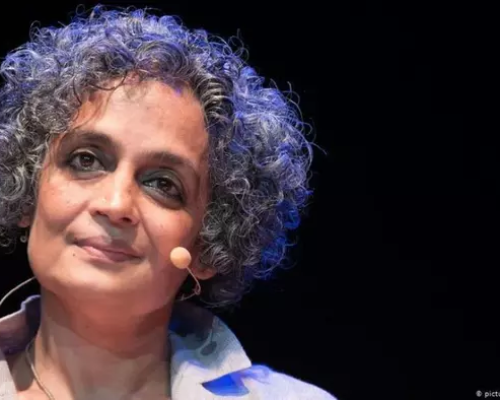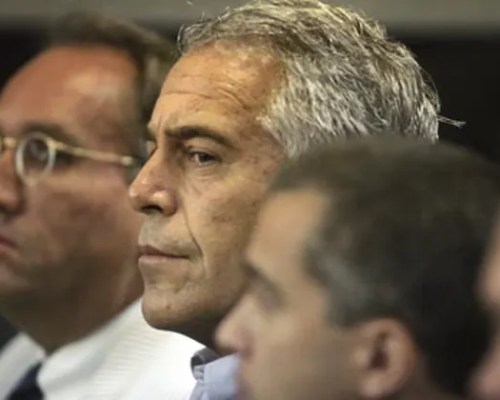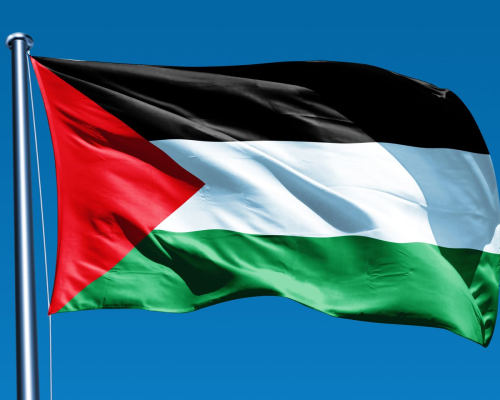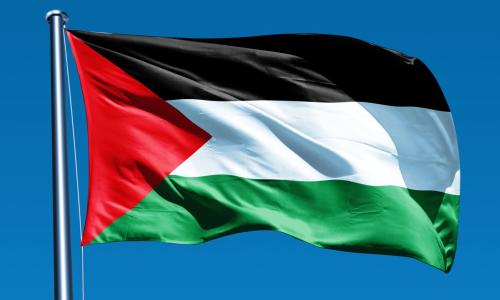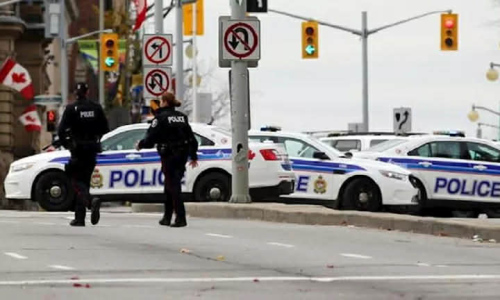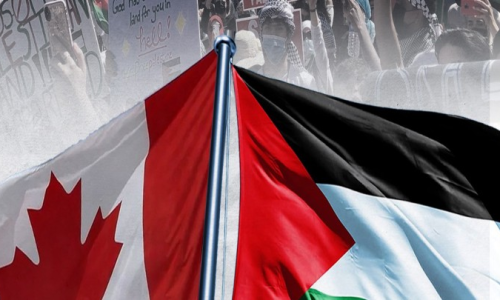By Taghreed saadeh
In a significant political move, Dr. Nasser Al-Qudwa, a suspended member of Fatah’s Central Committee, sent an official letter to President Mahmoud Abbas (Abu Mazen), expressing his readiness to return to the legitimate frameworks of the movement and work alongside the leadership during this critical stage in Palestinian politics.
The letter carried a conciliatory tone, calling for the annulment of previous dismissal decisions that affected several historic leaders, in order to “strengthen the foundations of the Palestinian political system and foster national unity.” Al-Qudwa emphasized the importance of implementing radical reforms within both the movement and the Palestinian Authority, aligning with President Abbas’s statements at the Arab League Summit. He pledged his full commitment to contribute his experience and expertise to support this reform agenda.
Earlier, in March, President Abbas announced a general pardon for all dismissed Fatah members during his address at the extraordinary Arab League summit in Cairo, stating, “Out of our keenness for the unity of Fatah, we have decided to issue a general pardon for all dismissed members of the movement and to take the necessary organizational measures.”
However, sources within Fatah report that the Central Committee required individual reinstatement requests, a condition that sparked controversy among the reformist current led by Mohammed Dahlan. Dahlan’s supporters argue that the dismissals were collective and arbitrary, and thus should be resolved collectively rather than through individual petitions.
Media reports indicate that Vice President Hussein Al-Sheikh met in Cairo in April with senior representatives of Dahlan in an attempt to reintegrate the Democratic Reformist Current into Fatah. Sources cited to “Zaytoun News” that negotiations stalled due to the Central Committee’s insistence on individual reinstatement, while Dahlan’s current maintains that annulment should occur collectively.
The sources also pointed out that Fatah’s internal court previously ruled the dismissals invalid, supporting the reformist Current’s point of view. Furthermore, a decision exists to restore salaries to around 80 cadres whose pay was cut for years, though implementation has not yet occurred.
Regarding media allegations against Dahlan, responsible sources told “Zaytoun News” that he faces no criminal charges. The only judgment issued against him in 2014 was a two-year suspended sentence in absentia for “defamation and contempt of Palestinian security services” following a televised interview on Al-Arabiya and public statements criticizing the Supreme Constitutional Court. All other accusations, including murder or financial misconduct, are politically motivated and unfounded.
Dahlan was expelled from Fatah in 2011 following disputes with President Abbas, including accusations of responsibility for the 2007 security failures that allowed Hamas to seize control of Gaza. He subsequently founded the Democratic Reformist Current, active in Gaza and across several Arab capitals.
Similarly, Nasser Al-Qudwa, the nephew of the late President Yasser Arafat, was expelled in 2021 after running independently in legislative elections with a list supported by Marwan Barghouti, which the Central Committee deemed a violation of internal rules.
Recent developments suggest a renewed possibility for rebuilding unity within Fatah after years of internal division. With new elections anticipated following the end of hostilities in Gaza, the movement faces a critical choice: unite its ranks and embrace all historic members, or continue the fragmentation that has weakened its public standing and decision-making authority.
Future Palestinian national dialogue sessions, mediated by Cairo, could help reconcile Fatah, but true reconciliation will require courageous decisions and mutual concessions. How Fatah navigates these challenges will shape not only its future but also the trajectory of Palestinian politics as a whole.
